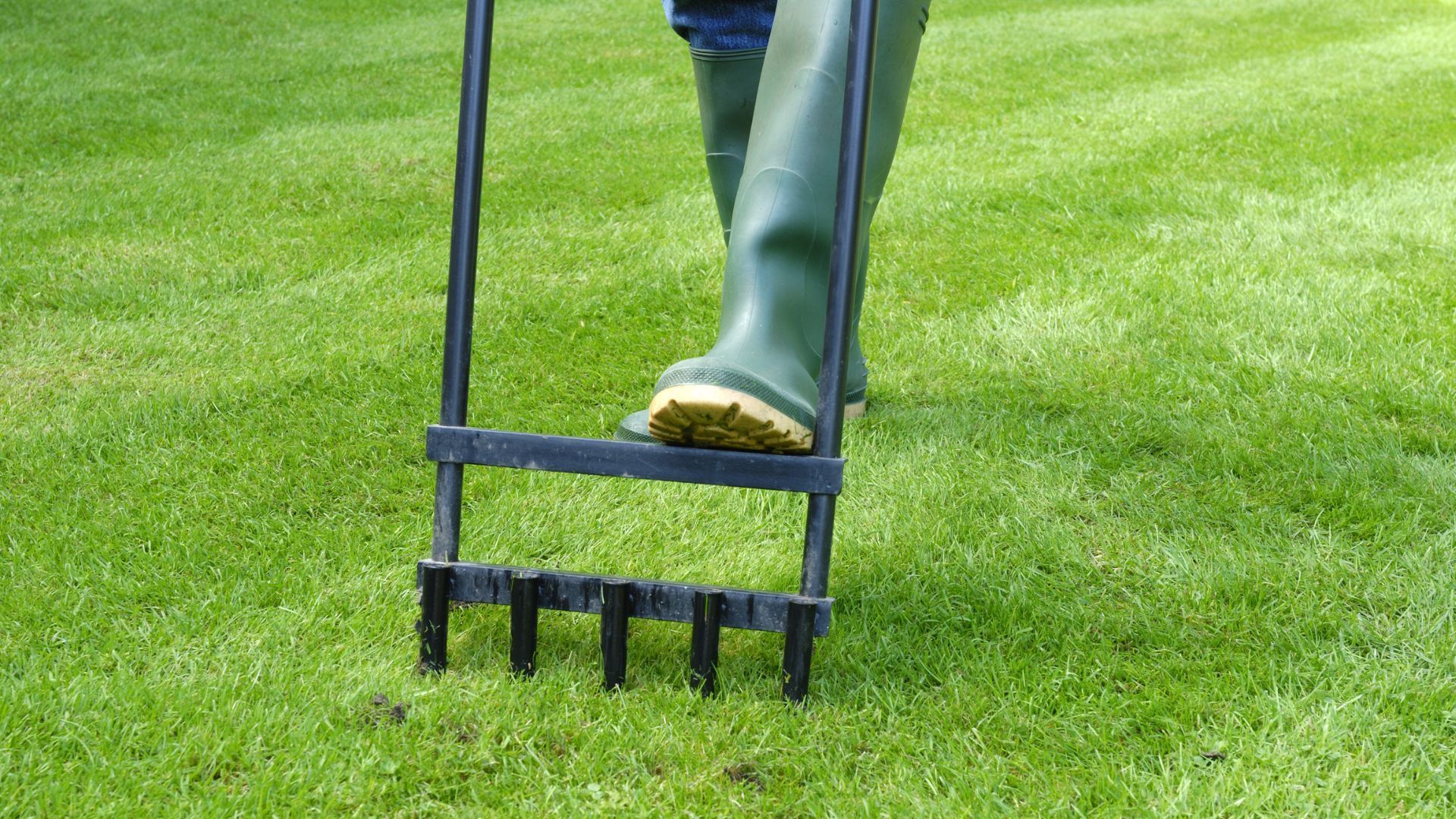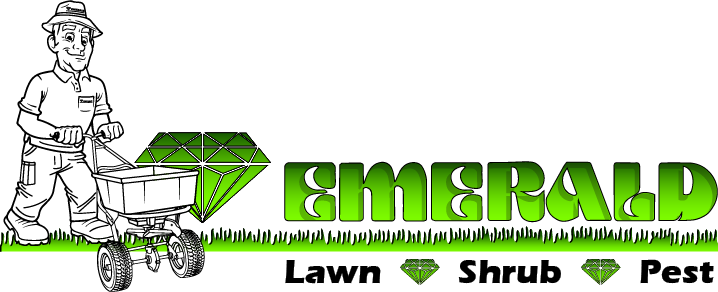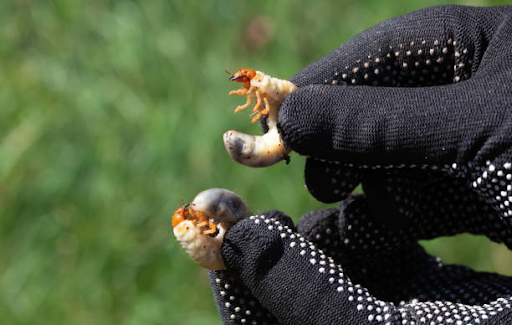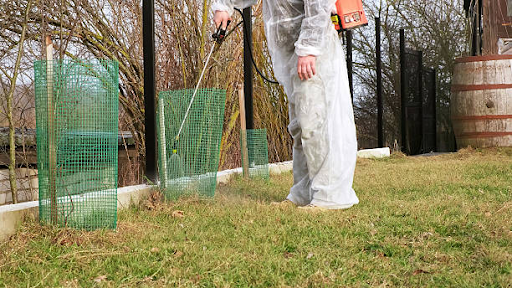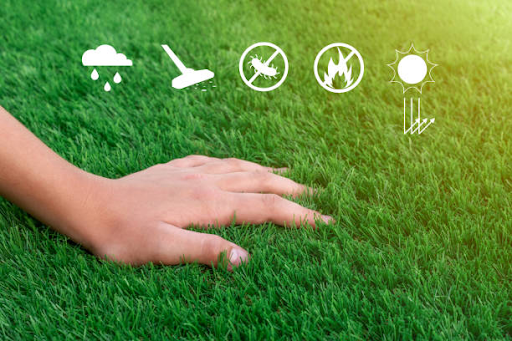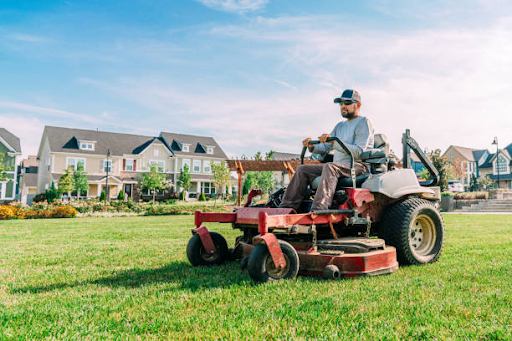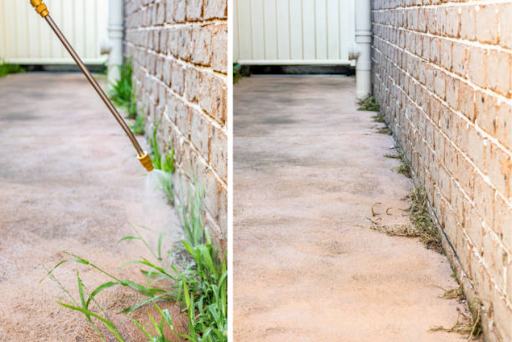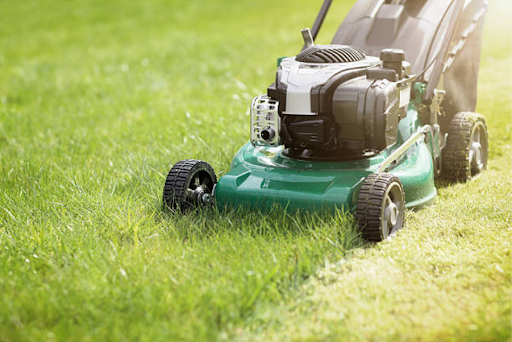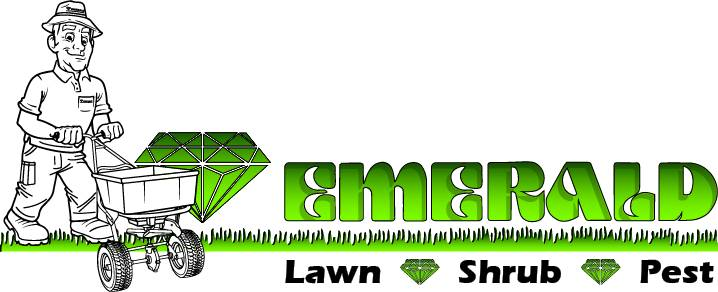Emerald Lawn-Scapes P.O. Box 174 Boonton, NJ 07005-1752
The Complete Guide to Lawn Care in Morris County, NJ
Having a well-kept lawn isn’t just about curb appeal—it’s about knowing how and when to care for your grass in a way that works with New Jersey’s climate. For homeowners in Morris County, that means dealing with everything from compacted soil in spring to leaf-covered lawns in fall.
This guide will walk you through how to manage your yard through every season, the importance of aeration and fertilization, and why working with professionals can take your lawn from patchy to picture-perfect.
Why Lawn Care Knowledge Matters
Morris County sits in a transitional climate zone, where hot summers and icy winters meet. This creates specific challenges like soil compaction, overwatering risks in spring, and lawn stress during heatwaves.
National advice doesn’t always apply here. Knowing when to mow, fertilize, or seed in this region can mean the difference between a struggling lawn and one that’s full and healthy.
Year-Round Lawn Care: Season by Season
Let’s break down what your lawn needs in each part of the year.
Spring: Repair and Jumpstart
After winter, your lawn may look a little worse for wear. Spring is the perfect time to clean up debris, assess any winter damage, and prep your grass for growth. Start mowing once the grass reaches 2.5–3 inches. Avoid cutting too short early on, as it can stress the lawn when it's still recovering.
Spring Lawn Musts:
- Apply a pre-emergent weed control
- Begin fertilizing once soil hits 55°F
- Consider light dethatching or aeration if soil is compact
Summer: Protect and Maintain
As temperatures climb, the focus shifts to protecting your lawn from heat and foot traffic. Avoid cutting too short in the summer—taller blades retain moisture better. Early morning watering is ideal to prevent evaporation and fungal growth.
If you notice discoloured patches, it could be a pest problem or a watering issue. Summer stress shows fast, so take action early.
Fall: The Power Season
In Morris County, fall is the best time to get your lawn back on track. The cooler temps and moist soil make it the perfect time to reseed and fertilize.
Many homeowners schedule aeration and overseeding services in fall to take advantage of these conditions and repair summer damage.
Winter: Prep and Plan
Once the frost sets in, active lawn care pauses—but that doesn’t mean you stop altogether. Keep your lawn clear of leaves, branches, and ice buildup. It’s also a good time to schedule your first spring service so you’re ready when the thaw comes.
Must-Know Lawn Treatments for Morris County
Having a healthy lawn is about doing the right things at the right time—not necessarily doing more.
Fertilization
Nutrients like nitrogen, potassium, and phosphorus feed your grass and strengthen root systems. In NJ, early spring and fall are prime times to apply fertilizers. Fall fertilization, especially, helps grass store nutrients for the winter.
Use a slow-release fertilizer and avoid fertilizing during drought or extreme heat.
Core Aeration
Over time, soil becomes compacted due to foot traffic and mowing. Aeration helps by removing small plugs of soil, allowing air, water, and nutrients to reach roots. This is especially important if you have heavy clay soil or experience pooling water.
Fall is typically the best time to aerate because it prepares the soil for new grass growth.
Should You Hire a Pro or DIY?
If you love working in your yard and have time to maintain a schedule, DIY lawn care can work. But for those with larger properties, frequent issues, or just limited free time, professional lawn care is a smart investment.
Experts offer:
- Seasonal fertilization programs
- Aeration and seeding
- Pest and weed control
- Lawn health evaluations and custom care plans
Get professional support with full-service lawn care in Morris County and enjoy consistent, reliable results throughout the year.
Quick Tips for Better Lawn Health
Here are a few extra steps that can make a big difference in your lawn’s appearance:
- Sharpen mower blades at the start of each season to avoid tearing grass.
- Water early in the morning to prevent fungus and reduce evaporation.
- Don’t mow when the grass is wet—this can cause ruts and spread disease.
Final Thoughts
Lawn care in Morris County isn’t one-size-fits-all. It’s about understanding what your yard needs through each season and applying the right treatments at the right time. Whether you're fixing bare spots, battling weeds, or preparing for spring, this guide gives you a blueprint to follow.
Ready to take the guesswork out of your lawn care routine? Learn more about expert lawn care services in Morris County or contact our team to get started with a plan built for your property.
FAQs
When should I start mowing in the spring in Morris County?
Start mowing once your grass reaches about 3 inches tall. This typically happens in mid to late April, depending on the weather.
How often should I fertilize my lawn?
You should fertilize your lawn 3–4 times a year—typically in early spring, early summer, late summer, and fall.
Is fall the only time I can aerate?
Fall is best, but spring aeration is also beneficial, especially for heavily compacted lawns.
Do I need to rake leaves off the lawn in winter?
Leaving a thick layer of leaves can suffocate your grass and encourage mold or fungal issues.
What’s the best grass type for Morris County?
Tall fescue and Kentucky bluegrass are both strong options that handle NJ’s climate well.
